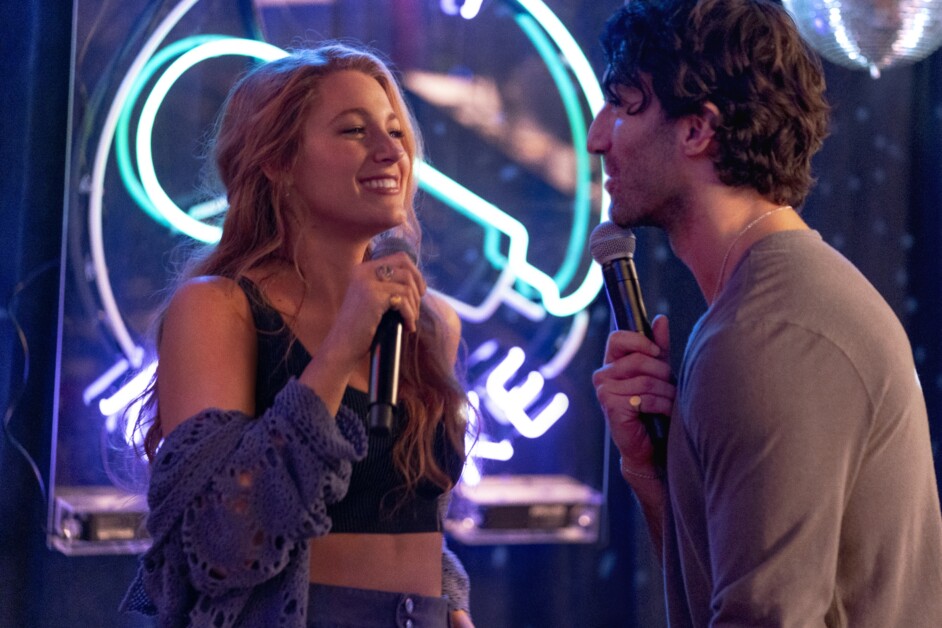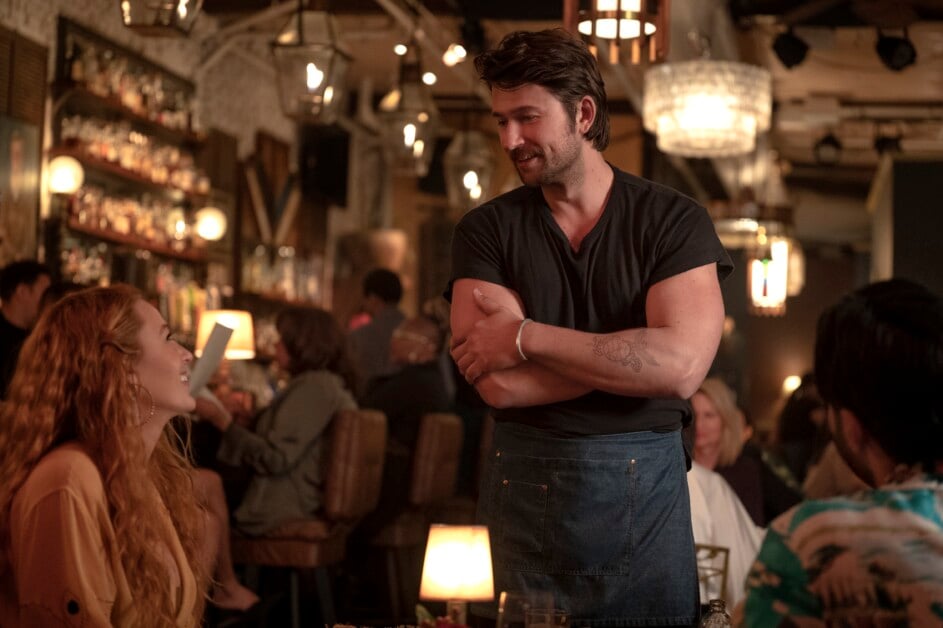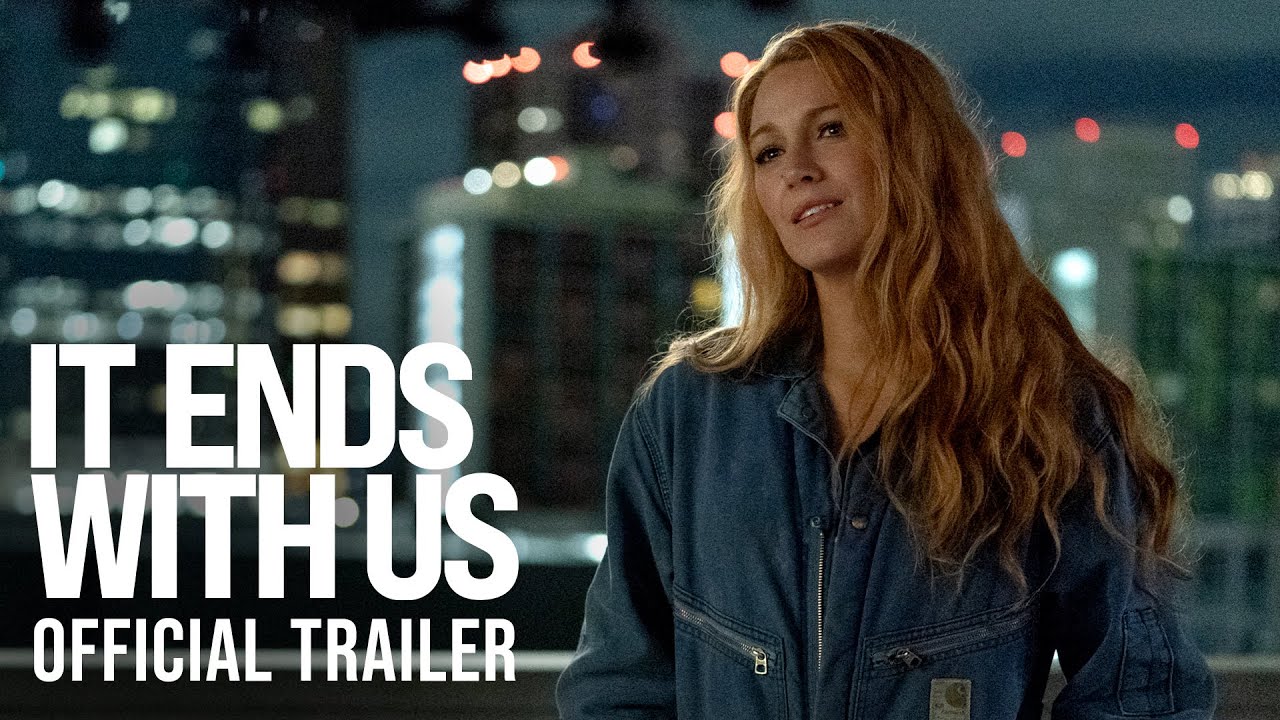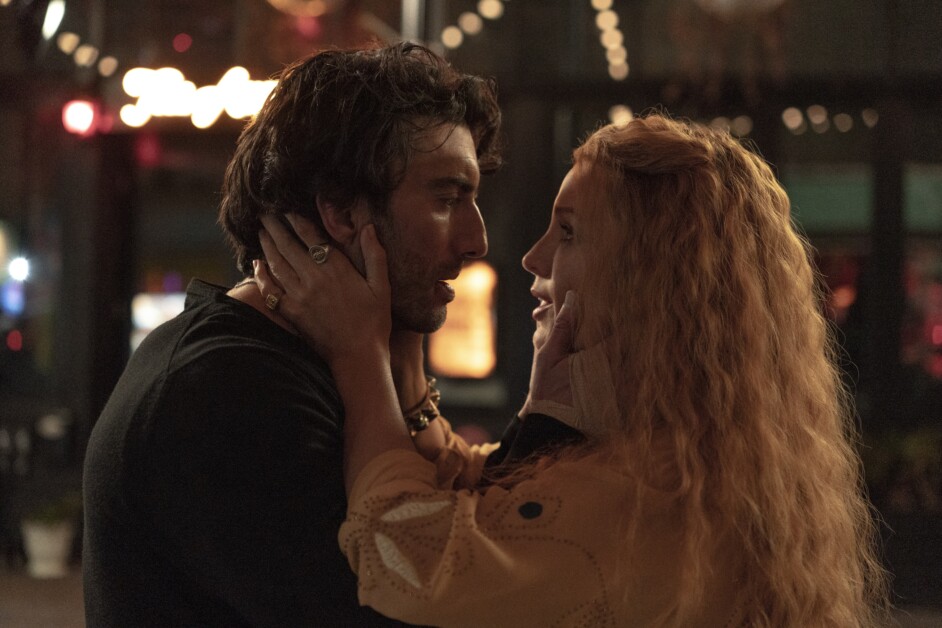It Ends With Us has several unenviable tasks.
Adapted from the popular novel of the same name by Colleen Hoover, It Ends With Us has to meet the sky-high expectations of its devoted fanbase. For those unfamiliar with the source material, the film has to be compelling in its own right. Difficult as those may be, they pale in comparison to its greatest challenge: doing justice to its story centered around intimate partner violence. It’s much easier said than done, as Hollywood has historically struggled to convey the complexities and nuances of domestic violence. Even with the best intentions, there are concerns that these stories are exploitative or could potentially glamorize violence. Simply put, the stakes are uniquely high for this film. The question is, does it buckle beneath the weight of its expectations, or does it meet the moment?
It Ends With Us begins answering that question with its introduction of Lily Blossom Bloom (Blake Lively), who returns home to Maine to help her mother with her father’s funeral. She has complicated feelings about her father because of his history of violence against her mother. (When asked to give an eulogy, Lily comes up understandably short.) She returns to Boston, where she is about to open a flower shop, and meets Ryle (Justin Baldoni, who also directs the film) on a rooftop. The two strike up a teasing flirtation and eventual full-fledged romance. While there are hints of something not quite right with Ryle from the start, their relationship devolves into abuse when Lily encounters her high school boyfriend Atlas (Brandon Sklenar) at his new restaurant. She is profoundly conflicted by her circumstances, caught between her past with Atlas and her volatile, increasingly dangerous present with Ryle.

What’s most striking about It Ends With Us are its performances and how they shape how we perceive the film. Justin Baldoni and Blake Lively have an intense but teasing chemistry that is surprisingly easy to root for. Even in the darkness of their rooftop meet-cute, they sparkle with charisma on screen. Baldoni understands the power of their palpable connection and, as director, frames them in an almost swoon-worthy atmosphere, with a sweeping score and breezy montages of the best parts of their relationship. With Baldoni and Lively at the helm, you would be forgiven for thinking that the film will be a blissfully romantic drama where Lily and Ryle fight impossible odds for the sake of their once-in-a-lifetime love.
But that isn’t what It Ends With Us is, and the tonal shifts between romance and violence are frequently inelegant. The first signs of trouble come from how Baldoni weaves Lily and Atlas’s high school romance throughout the first half. Nicholas Sparks fans will recognize the flashback technique, but Baldoni’s use doesn’t help contextualize who Lily is in the present. We get two romances competing for our attention, and because we don’t know how Atlas figures into Lily’s story until halfway through, the flashbacks read as distractions. The backstory gains a clearer purpose when the film introduces adult Atlas, but another, more distressing problem emerges. The film seems to suggest that Lily and Ryles’s relationship becomes abusive because of a budding love triangle, with Atlas meant to rescue Lily from the violence. It reads as either melodramatic at best or appalling at worst, threatening to oversimplify domestic violence.

As someone who hasn’t read the book, I can’t say for certain whether that suggestion is a failure of the film or the source material. The film does allude to Ryle’s abusive behavior in small moments – kicking a chair on the roof and him telling Lily to “shut up” when she rebuffs his advances – but it also muffles them beneath their relationship’s glossy ambiance. Ryle’s first violent act is a brutal shock, and while that may likely be the point, the execution is cumbersome. However, Baldoni smartly keeps a respectful distance from the acts themselves, focusing instead on the immediate emotional aftermath. Given how far one particular act gets and how Hollywood films have handled sexual violence in the past, the restraint is admirable. That restraint doesn’t extend to the script by Christy Hall, where cumbersome, overwrought dialogue threatens to undercut the story’s weight and the actors’ performances.
It Ends With Us concludes by asserting that domestic violence is far more complicated than Hollywood has historically given it credit for being and that anyone can be a perpetrator or survivor. It’s a powerful statement that the film doesn’t quite earn the right to make. While handsomely directed and strongly acted, the pathway to the assertion is unwieldy and awkward. To its credit, the film doesn’t buckle under the expectations of properly conveying the scourge of domestic violence. However, it doesn’t quite meet the moment, either.
It Ends With Us is currently playing in theaters courtesy of Sony Pictures.

It Ends With Us concludes by asserting that domestic violence is far more complicated than Hollywood has historically given it credit for being and that anyone can be a perpetrator or survivor. It’s a powerful statement that the film doesn’t quite earn the right to make. While handsomely directed and strongly acted, the pathway to the assertion is unwieldy and awkward.
-
GVN Rating 6
-
User Ratings (1 Votes)
8.5
A late-stage millennial lover of most things related to pop culture. Becomes irrationally irritated by Oscar predictions that don’t come true.






